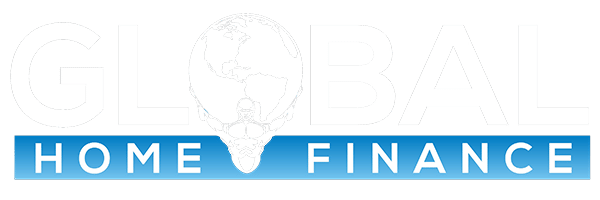A critical step in the mortgage loan application process is to verify the sources for your down payment, closing costs, reserves and assets. The Government Sponsored Entities that buy or insure mortgage backed securities have guidelines in place that all lenders follow in order to have the loan purchased or insured from these entities. The lender’s underwriter must verify you have sufficient cash to be able to bring to the closing table on purchases or enough months of payment in reserve in your asset accounts for certain mortgage transactions.
Down Payment & Closing Costs
Documenting that the down payment comes from your own personal accounts and that you will have savings and/or other liquid assets over and above the down payment gives the lender confidence in your strength as a borrower and your ability to repay the loan.
Take extra care to document the sources for any monies to be used for the down payment or closing costs. Keep canceled checks and bank statements from new deposits over 10% of your monthly income that are non-payroll or cash deposits if you are planning on obtaining mortgage financing soon. New Anti-Money Laundering laws may require you show some extra paperwork when getting a home loan if you have not had the money in your account more than two months.
Acceptable Down Payment & Closing Costs Sources
- Cash in a bank account
- Mutual funds / stocks / IRA / 401(K)
- Proceeds from the sale of another property
- Gift from an immediate relative
Assets
Collect information about your personal assets that add to your net worth and help to prove your credit worthiness.
Common Assets Considered in a Mortgage Loan Application
- Stocks, bonds, mutual funds, 401(K) and retirement accounts
- Life insurance
- Personal property estimate – cars, boats, antiques, jewelry, etc.
- Other real estate or property
Income and Employment
The lender will want to confirm your current gross income and have evidence of stable employment. Documentation requirements vary depending upon a number of factors – including the source of income (hourly, salary, salary + bonuses, salary + commission, commission, self-employed, etc.).
Debts
Your lender will want to review a list of all your current debts. This along with your credit report will provide the lender with a snapshot of your obligations. The lender will want to confirm that you will not be overextended when the mortgage payment is added to your current debt load.






